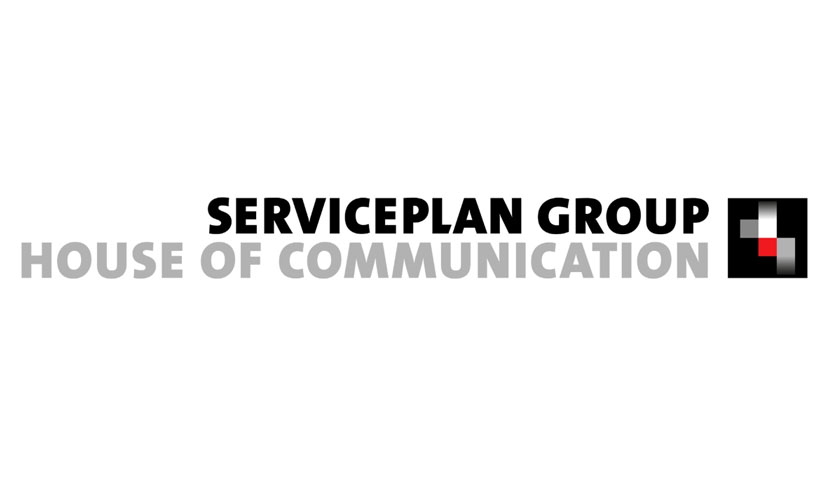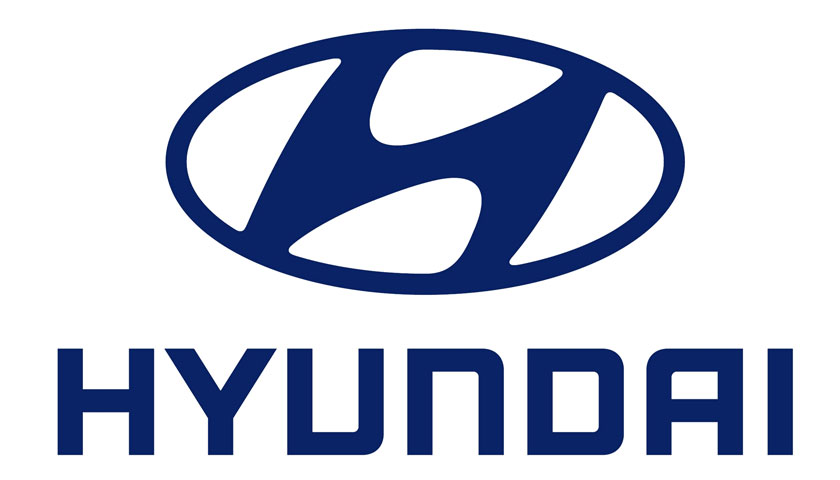The Serviceplan Group’s CMO Barometer offers exclusive insights into the visions projected by international brand managers for 2023.
In 2023, CMOs will be ‘humanising’ their day-to-day work in marketing. This is demonstrated by current responses from the CMO Barometer: an annual international study by the Serviceplan Group, where over 450 Chief Marketing Officers from the most prominent companies make specific assessments of marketing trends and exclusively share their expectations for the coming year.
The past few months have shown that the only certainty is uncertainty. It influences brands, advertising, and daily work in marketing departments, and will also set the mood for the coming year. All the more exciting then, is the question how CMOs will react to this and what is coming into focus in this situation.
Five key results can be compiled from the responses of the 470 international CMOs:
- Recession, sustainability and dealing with uncertainty dominate the agenda for CMOs in the financial year 2023.
- The mega-marketing trend is and remains sustainability. In the background, two aspects have recently taken centre stage: emotional brand management and content creation.
- CMOs are also becoming involved in-house with people and emotions. This is because, more than ever, they are ‘people managers’, while agile leadership, facilitation and inspiration are part of day-to-day business.
- What will become more important in 2023? Team spirit and team culture. However, the foundations have to be right: CMOs are predominantly involved with the further development of customer experience and digital transformation.
- Therefore, just as those surveyed include agility and flexibility in their own agenda, they also demand it in the work with their agency partners.
Florian Haller, CEO of the Serviceplan Group assesses the results from an agency perspective: “The current uncertainty affects us all, customers and agencies alike, influencing the way we think and act. This is demonstrated by the insights gained from our CMO Barometer. However, they also show that we ought to refocus on people and the brand. They show that leadership and emotional bonds are once more central to our tasks, both within the company and outside it. In this, as agencies, we represent a major sparring partner for brands and companies, and need to be able to react flexibly and with agility to current situations. This is an unbelievably exciting task, which we will be only too happy to face alongside our customers in 2023.”
Despite recession and all the rest, sustainability remains the dominant topic
In the survey on the top themes of the 2023 marketing year, inflation and recession headed the list of responses to open questions, at 22 per cent, followed by sustainability and energy saving (17 per cent), and uncertainty and crisis (13 per cent). In addition, 85 per cent of the respondents were convinced that sustainability was still the most important marketing trend for the coming year.
Christian Tauer, Consumer Experience Director for the European Region at BSH Home Appliances Group points out that control of inflation and the simultaneous promotion of a sustainability strategy is no easy task: “2023 will in any case be very challenging for marketing decision-makers. Long-term topics, such as sustainability, must stay on the agenda, together with the message that less consumption also costs less.”
Stefanie Kuhnhen, Chief Strategy Officer of the Serviceplan Group, clearly underlines the importance of this theme: “We are not referring to any kind of niche market if we talk about sustainability. And neither are we taking any investment risks. Sustainability is the mega-trend of our decade and even if people continue to make it a secondary consideration in their sphere, the market as a whole – together with its capital flow – has already oriented itself in this direction.”
Emotional brand building (83 per cent) and content creation (75 per cent) also appear among the top themes. It is striking that this year, these two topics have overtaken technology trends; therefore, the answer increasingly lies in the content of communication.
Being ‘human’ is a superpower
What must a CMO be able to do in 2023? The current uncertainty has even left its mark here: 19 per cent consider agility and flexibility as important skills. Another 19 per cent responded to this open question with cooperation and moderation in management and change, while 15 per cent think that it is important for CMOs to be inspiring, visionary, and motivating.
“It is more important than ever for a CMO to form a good team”, explains Christine Wolburg, Head of Sales & Marketing at BVG. “It is difficult to find good new people; the framework conditions are not ideal. It is all the more important for teams to believe in the common vision and work towards it creatively, with a view to finding solutions.”
It is precisely these points that appear among the core tasks for CMOs, and they are likely to become even more significant in 2023. The fostering of team spirit and team culture, especially in hybrid teams, is one of the top three factors for accomplishing this. Day-to-day work in marketing is becoming humanised. Nevertheless, the technical base is important. Here, it also becomes relevant that CMOs develop excellent customer experience and consistently promote digital transformation.
“Themes like sustainability and recession are currently overshadowing the major themes of the past few years. However, constructing an outstanding, consistent customer experience and the systematic implementation of digital transformation have in no way become any less important. Even more reason now to make these themes more compatible with sustainability initiatives and recession measures”, explains Dr. Bastian Dinter, General Manager of the Serviceplan Consulting Group.
The Normalisation of crisis mode
Pandemic, war, inflation, recession – at the moment, one crisis follows hard on another. This affects the everyday working life of marketing departments. Agility and flexibility are the factors for success in these uncertain times, and were cited as the things that CMOs learned most often (41 per cent). Here, however, the human touch is also emerging: improved leadership qualities follow in second place (12 per cent). Ranked third, crisis mode rears its head once again: 10 per cent of responses mention dealing with uncertainty.
Steve Plesker, Managing Director of Marketing & Sales at AOK Bundesverband, emphasises the significance of working flexibly and with agility: “Flexibility is a competitive advantage; planning cycles must be drastically abbreviated and alternative courses of action should be thought through right from the start.”
This is what CMOs also expect from their agency partners: 23 per cent cite flexibility and agility as among the most important agency skills. Especially in uncertain times, they seek a sparring partner who can react quickly. Other important points are customer orientation (14 per cent) and the recognition of new trends and markets (13 per cent).
Marco Raab, Chief Brand Officer at yfood, explains: “Speed is of the essence for us. Due to high in-house agility, speed has become even more essential. In our view, the ability to think one’s way into a customer’s internal processes and act accordingly is more crucial than ever.”
The ‘CMO Barometer 2023’:
The ‘CMO Barometer’ is a major international study, conducted annually by the Serviceplan Consulting Group and Facit. Based on an online survey of marketing managers from companies in every sector and of every size, more than 470 CMOs from Germany, Austria, France, Italy, the Netherlands, Belgium, Switzerland, and the UK took part in September 2022, sharing their exclusive assessments for the 2023 marketing year.
Detailed results of the ‘CMO Barometer’, with rankings by experts from the Serviceplan Group and further CMO opinions, are available in the presentation attached.

